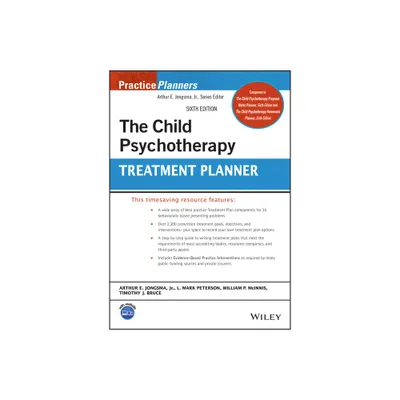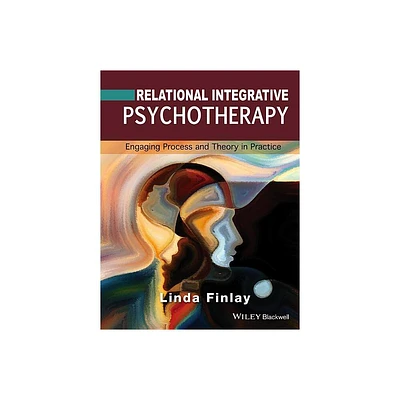Home
Relational Child Psychotherapy
Loading Inventory...
Barnes and Noble
Relational Child Psychotherapy
Current price: $37.00


Barnes and Noble
Relational Child Psychotherapy
Current price: $37.00
Loading Inventory...
Size: OS
*Product Information may vary - to confirm product availability, pricing, and additional information please contact Barnes and Noble
"The relational and the developmental point of view have never been brought together in an adequate way. This up-to-date scholarly, yet practical, integration opens a new vista within relational psychoanalysis and pioneers a fresh approach in the psychoanalytic treatment of children and adolescents. It is a work of great and lasting value to the field."
—Peter Fonagy
Child therapists practicing today are faced with the challenge of developing a coherent theory and technique while drawing on a number of diverse traditions as disparate as psychoanalysis, behavior therapy, and family systems theory. This diversity presents child therapists with a rich background, but it also presents a formidable complexity to be integrated into their therapeutic work.
This book develops such an integration, offering a complete overview of issues currently being addressed by clinicians and theoreticians, and exploring various relational models and their implications for treatment. The authors bring to light the critical issues of clinical practice with children and offer powerful new models for child psychotherapists.
The problems and strategies for approaching the clinical relationship between child and therapist, as well as that between parent and therapist, are examined in depth. The authors also explore the clinical setting versus the role of the therapist in the extra-clinical context of a child’s life, the therapeutic aspects of play, and the unique behaviors of children manifested in the therapeutic environment.
—Peter Fonagy
Child therapists practicing today are faced with the challenge of developing a coherent theory and technique while drawing on a number of diverse traditions as disparate as psychoanalysis, behavior therapy, and family systems theory. This diversity presents child therapists with a rich background, but it also presents a formidable complexity to be integrated into their therapeutic work.
This book develops such an integration, offering a complete overview of issues currently being addressed by clinicians and theoreticians, and exploring various relational models and their implications for treatment. The authors bring to light the critical issues of clinical practice with children and offer powerful new models for child psychotherapists.
The problems and strategies for approaching the clinical relationship between child and therapist, as well as that between parent and therapist, are examined in depth. The authors also explore the clinical setting versus the role of the therapist in the extra-clinical context of a child’s life, the therapeutic aspects of play, and the unique behaviors of children manifested in the therapeutic environment.


















